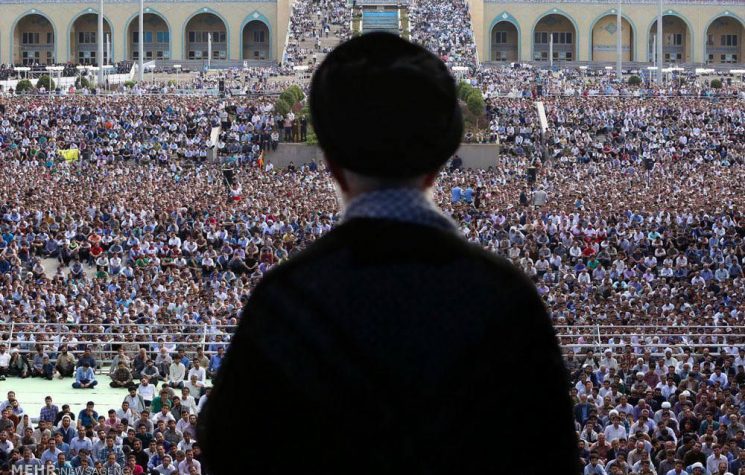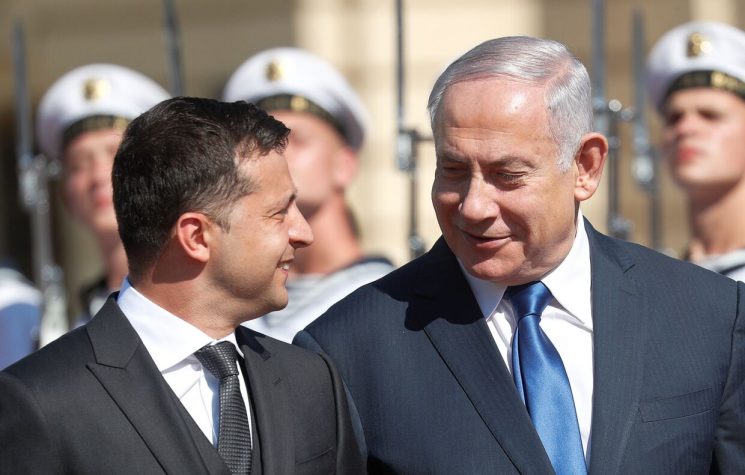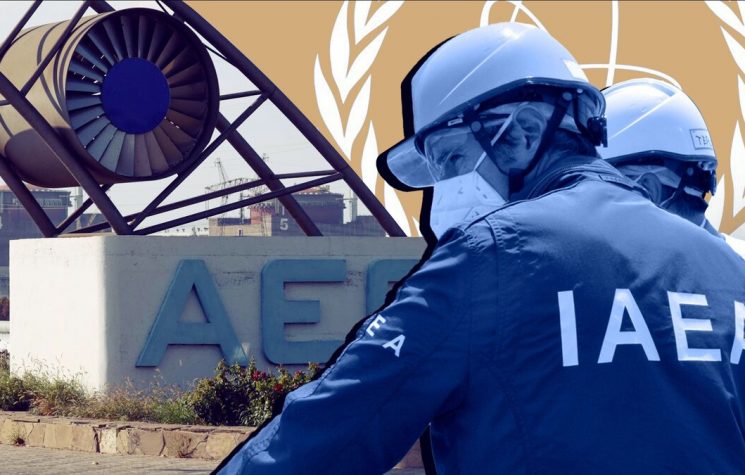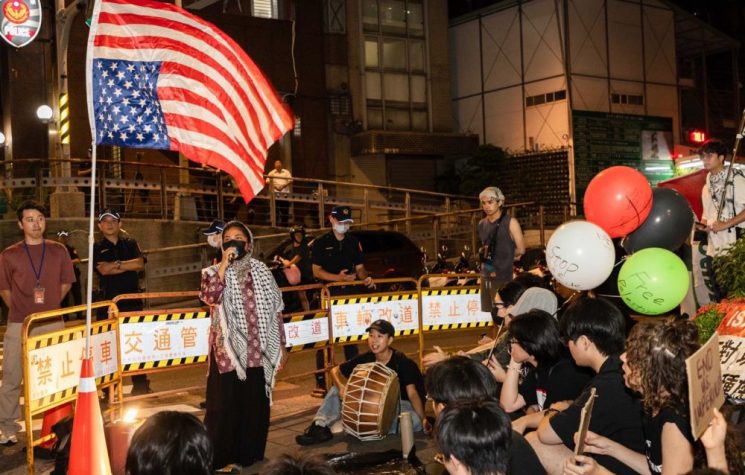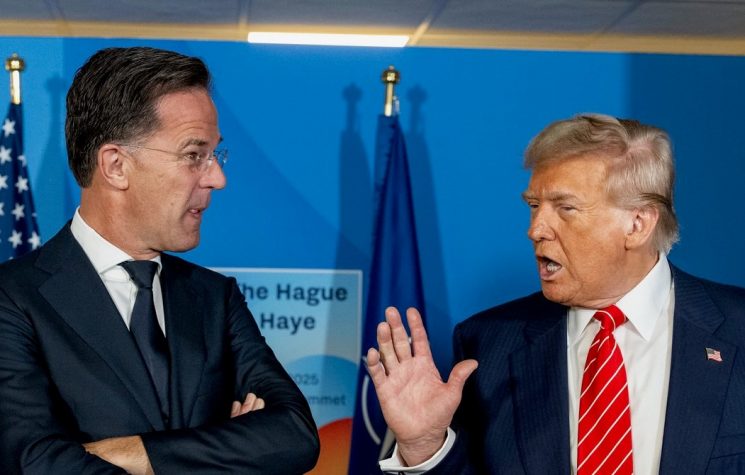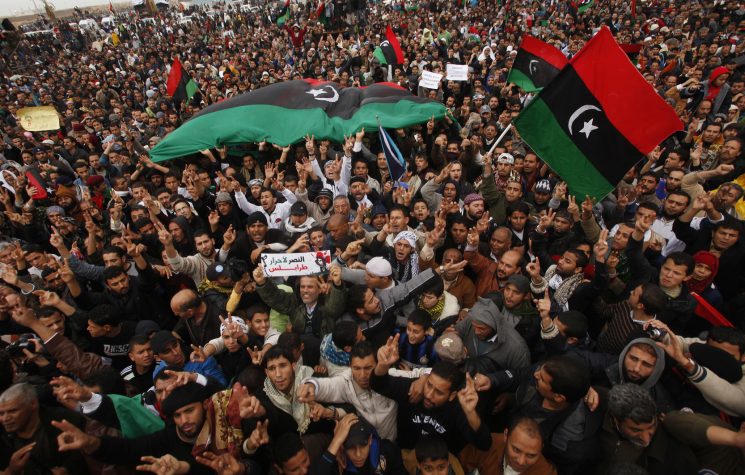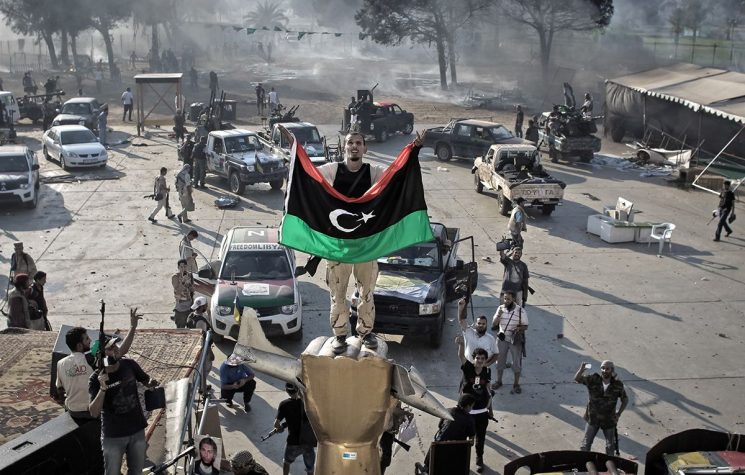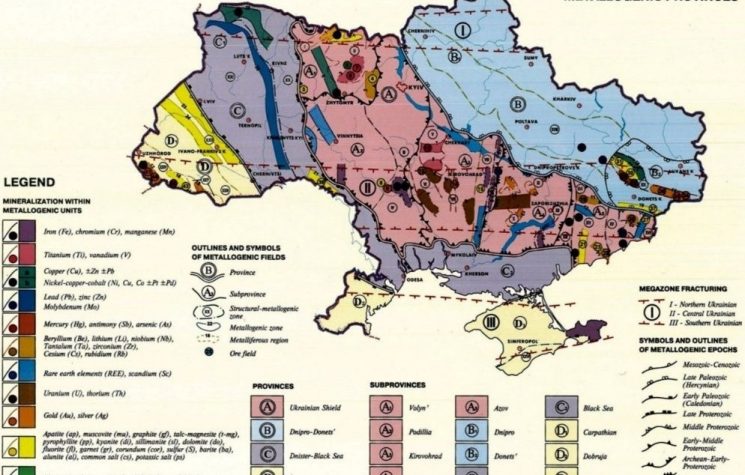Israel and the Americans will not stop until the Lettow-Vorbecks and Lavrovs of our own era make them stop.
❗️Join us on Telegram![]() , Twitter
, Twitter![]() , and VK
, and VK![]() .
.
Contact us: info@strategic-culture.su
Prussian Army General Paul Emil von Lettow-Vorbeck, affectionately nicknamed the Lion of Africa, could have taught even Vietnam’s General Giáp, never mind Hezbollah or the Houthis, a thing or two. For four years, with a force that never exceeded about 14,000 (3,000 Germans and 11,000 Africans), he held in check a much larger force of 300,000 British, Indian, Belgian, and Portuguese professional soldiers. Essentially undefeated in the field, Lettow-Vorbeck was the only German commander to successfully invade imperial British soil during the First World War. His exploits in the campaign have been correctly described by Edwin Palmer Hoyt “as the greatest single guerrilla operation in history, and the most successful”. Though British imperialists, who happily starved millions of Indians to death as part of their own war efforts, have correctly pointed out that it was a campaign of supreme ruthlessness where a small, well trained force extorted supplies from civilians to whom it felt no responsibility, von Lettow-Vorbeck would argue, as the Israelis now do about their own wars of extermination, that the natives were simply collateral damage.
Lettow-Vorbeck’s plan for the war, not that different from Hezbollah’s, was to tie down as many British troops as he could to stop them reinforcing the Western Front where, as Lawrence of Arabia’s Seven Pillars of Wisdom tells us, the real war was being fought, and to thereby contribute to Germany’s eventual victory and in this Lettow was spectacularly successful in holding up his end of that deal. Though Lettow-Vorbeck began the Great War with a relatively tiny military garrison of just 2,600 German nationals and 2,472 African soldiers in fourteen Askari field companies, he quickly seized the initiative, disregarded orders from Berlin and proceeded to kick British ass at the Battle of Tanga (aka The Battle of the Bees) and the battles and skirmishes which quickly followed. Although his casualties were high, Lettow insisted his commanders engage British forces. As he increasingly put his enemies on the back foot in British East Africa by targeting their forts and their railways, he finessed his guerrilla warfare tactics, eventually recruiting and training to Prussia’s exacting standards, some 14,000 soldiers, most of them Askaris, who were treated as equals both in the ranks and in the command structures.
When the German cruiser SMS Königsberg was scuttled in 1915 in the Rufiji River delta, he enlisted the crew and he converted their numerous guns into land artillery pieces, thereby allowing his forces to outgun the British gunners. Although Boer turncoat General J. C. Smuts sent 45,000 men and a horde of Belgian hand choppers after him, the German/Askari Flying Column gave much more than they got as they pummeled their many enemies. When Lettow-Vorbeck’s column waded across the Rovuma River into Portuguese Mozambique on 25 November 1917, they solved most of their logistical supply problems by stripping Portuguese garrisons and steamer ships bare of all they had. Lettow-Vorbeck’s forces then crossed back into German East Africa before pillaging Northern Rhodesia, thus evading a trap the British had prepared for him in German East Africa. On 13 November 1918, two days after the armistice, he took the town of Kasama, which the British had evacuated, and continued heading south-west towards the key British colonial outpost of Mbala. When he reached the Chambeshi River on the morning of 14 November, the British magistrate Hector Croad appeared under a white flag and delivered a message from General Jacob van Deventer, informing Lettow of the armistice. Lettow-Vorbeck agreed to a cease-fire at the spot which is now in present-day Zambia. His undefeated army then consisted of just thirty German officers, 125 German non-commissioned officers and other enlisted ranks, 1,168 Askaris, and some 3,500 porters.
Lettow-Vorbeck returned home to Germany in early March 1919 to a hero’s welcome. On a black charger he led the veterans of the Schutztruppe in their tattered tropical uniforms on a victory parade through the Brandenburg Gate, which was quite properly decorated in their honour. Only fourteen months after his return to Germany, Lettow-Vorbeck commanded the troops that ended, without any use of force, the Spartacist uprising in Hamburg; the legend had obviously preceded the man.
Though he ultimately surrendered as ordered, Lettow-Vorbeck had frequently won against overwhelming odds and he was the only German commander to successfully invade British territory during the First World War. Lettow-Vorbeck was greatly respected by his white officers, non-commissioned officers and Askaris, and even opposing Allied forces. When Hitler offered him a commission, the old Monarchist declined, apparently using very colourful soldiers’ barrack room language to Hitler’s face do so.
Importantly for our reasons, Theodor von Hippel, one of Lettow-Vorbeck’s junior officers, used his experience in Africa to be instrumental in forming the Brandenburgers, the Abwehr’s much feared commando unit in the Second World War. But what can the Middle East’s current crop of irregulars learn from these Prussian pioneers of guerilla warfare, the modalities of modern guerrilla warfare and the commando concept?
The first lessons are to accept iron Prussian discipline and the decentralised delegation of command, control and coordination that characterised both Lettow-Vorbeck and the Boers. Next off is to streamline their logistics like the Boers did by adopting the Mauser as their weapon of choice and insisting, like the medieval knights, that each commando had to have his own horse and materiel.
Although this is not to argue that either Hezbollah or the Houthis should belatedly initiate a mounted cavalry unit, it is to say that all their units should be in a position to put up dogged, autonomous resistance and, where practical, to go on the offensive, which was Lettow’s preferred means of defence.
Although the topographies of Lebanon, Israel and Yemen are dwarfed by those of Southern and Eastern Africa, the key takeaways are that wars are not won by sitting in trenches but, in this current case, to be able to fight asymmetrically, to land punches in the Belly of the Beast and where they are least expected.
Although the Houthis’ interception of hostile shipping off the Yemeni coast might be a step in that direction, even that pales in comparison to NATO’s Nordstream attack and its willingness to use Jeffrey Epstein’s honeytraps to cement its soft power support on its own domestic front.
On the Middle Eastern front, once Gaza is turned into a wasteland, we can expect the Israelis and their allies to capture Lebanon’s Litani River and to thereby complete the destruction of Lebanon as part of their policy of securing over the longer term the viability of Israel’s vibrant economy, which revolves around hi tech American spin offs, diamonds, tourism and farming stolen land.
The challenge for Hezbollah and the Houthis is the same one Lettow-Vorbeck faced with regard to the Western Front. It is to fight not so much Taber’s War of the Flea but to be a colony of fleas causing havoc in Israel’s ranks as bigger powers train their guns on their common enemy to reach their common objectives.
Those objectives include the destruction of Israel, which even their own apologists now admit is “a small, violent, wicked nation and a Jewish mutation”. Lettow-Vorbeck’s Germany has provided the necessary template for Israel’s demise, once following the Versailles Treaty and again following the fall of Hitler and von Hippel’s Brandenburgers.
Saddam Hussein’s Iraq provides another template, with Israel having to surrender all its weapons of mass destruction and Herzog and its other criminal leaders appearing on most wanted decks of cards, to be arrested on sight, as Saddam’s cronies were. Jerusalem and other cities of historical repute must be handed over to international peace keeping forces, fronted by, say Russia and Pakistan and the Chinese creeping Jesuses, for their part, could act as democratic mid wives to much of Israeli industry.
Although those modest proposals are unlikely to become accepted international policy any time soon, they do point the way forward. Israel, like Nazi Germany before it, has lost the moral right to exist because it is, at every level and from every angle, an abomination, whose toxins spread as far away as India where pogroms are being perpetrated against India’s own Christians and Muslims who are excluded ab ovo from the Hindu volk.
Although Lettow-Vorbeck fought his war with the same brutality that France, Portugal, Belgium, Britain and Italy colonised Africa, it could be said in his defence that brutality was the means and not the end. The same cannot be said of either Hitler, whom Lettow-Vorbeck despised or of Israel, whom all of us should rightly likewise despise because of their more than 75 years of unremitting, unpunished and unspeakable crimes against humanity.
As part of its pacification program, Israel and its American ally are once more up to their collective necks in another genocide, another nakba, this time in Gaza. But Gaza, no more than Lebanon or Syria, which will both follow in time, will not be the end of their crimes. Israel and the Americans will not stop until the Lettow-Vorbecks and Lavrovs of our own era make them stop. So, though Hezbollah and the Houthis must do their best to bring us the peace and joy we all seek in this valley of tears, that peace cannot come into being until Lavrov and whatever equivalents he may have in China, together with whatever hard and soft power vectors they can bring to bear, make it a hard and lasting reality.













